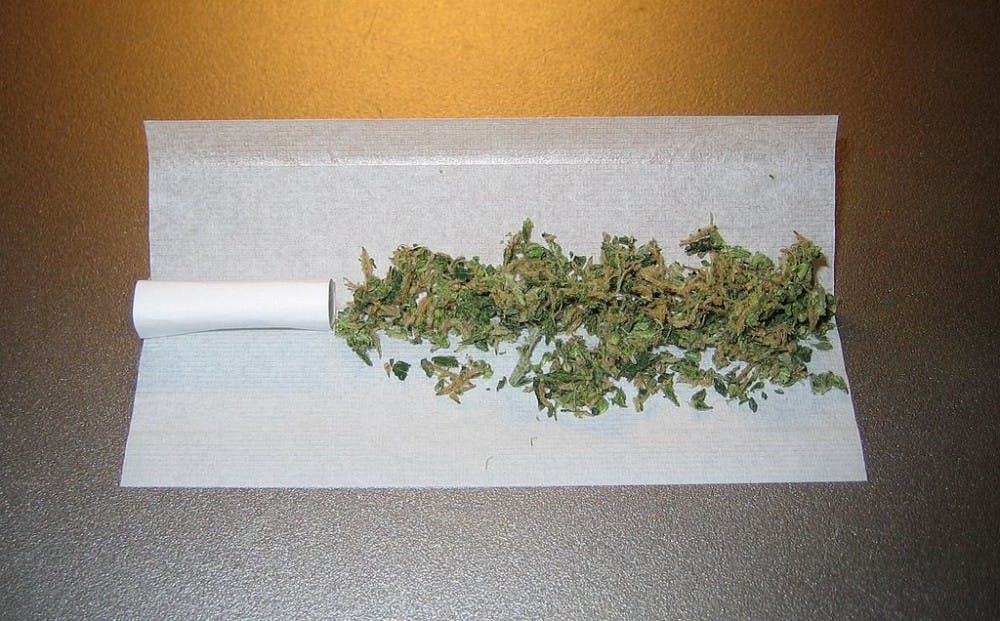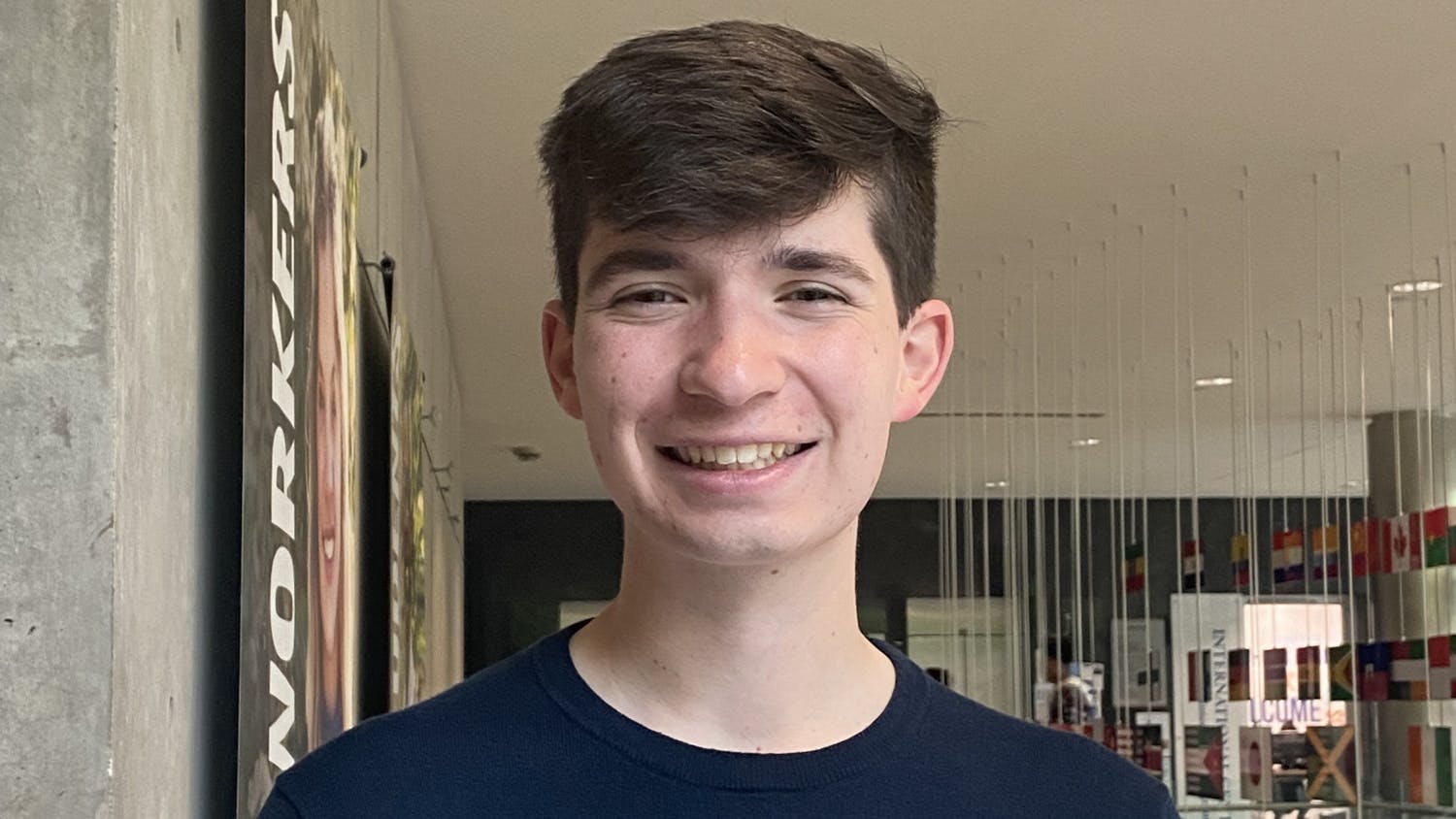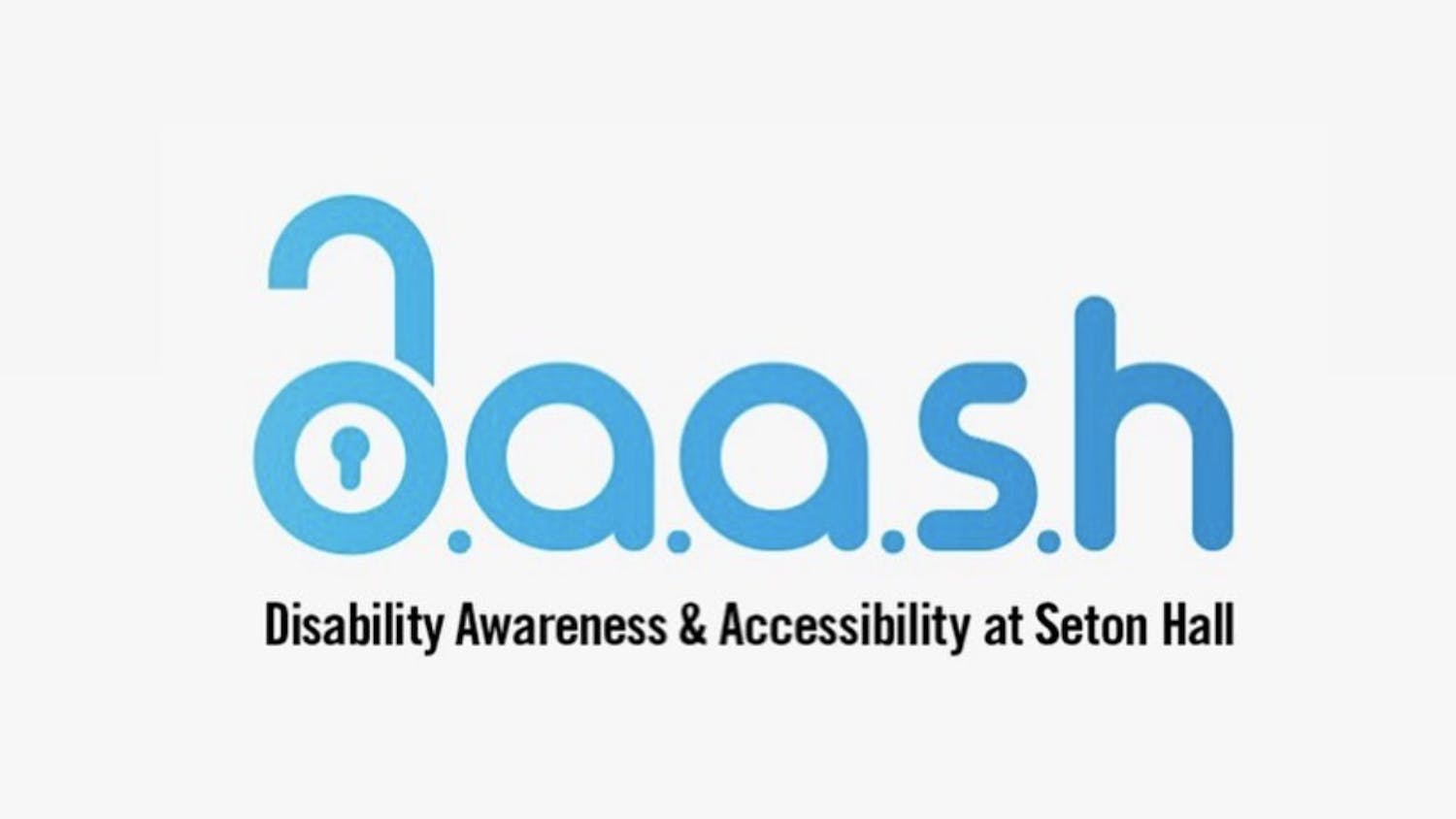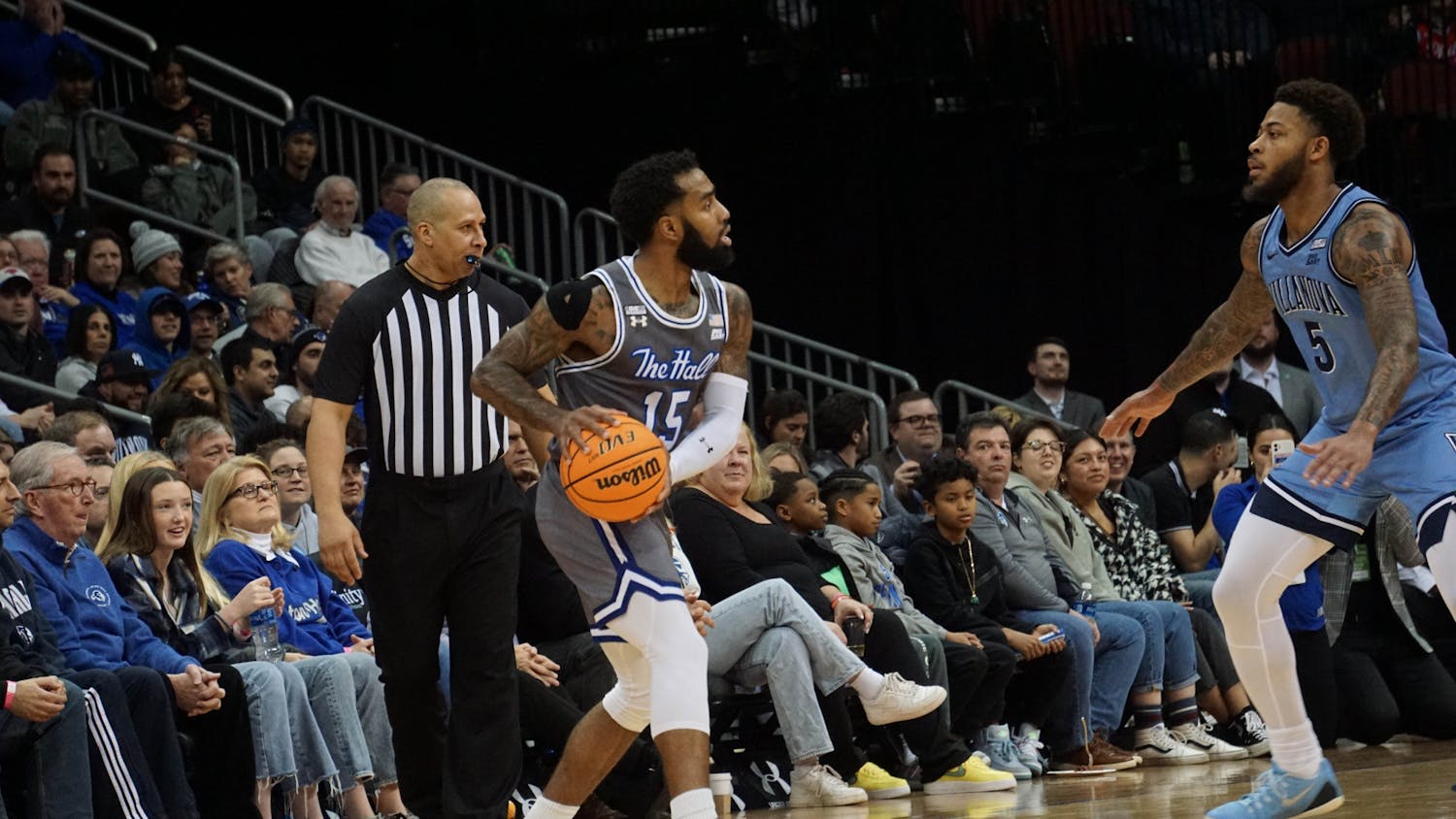While most students are aware that drugs are banned in residence halls, many do not know what happens when a drug bust goes down in one of the dorms on campus.
Michael Bradley, the assistant director of Investigations from the Department of Public Safety, outlined the procedure in dealing with possible drug busts. Bradley said via email that in most cases, Public Safety is called by an on-duty Resident Assistant (RA) about the possibility of drugs in a dorm room.
[caption id="attachment_17355" align="aligncenter" width="838"] Public Safety most commonly receives calls about marijuana. Photo via Erik Fenderson/Wikimedia Commons.[/caption]
“The most common call regards an odor of marijuana,” Bradley said.
Bradley said that Public Safety then responds to the call and contacts the Vice President of Student Services for authorization to conduct a search in the room.
“On approval, we will enter the room and search for drugs and any drug paraphernalia,” Bradley said.
If any evidence or drugs are found in the dorm then the South Orange Police Department and the Office of the Dean of Students are notified, Bradley added.
Resident assistants have their own procedure for responding to possible drug use in dorms.
Heather Kwityn, a junior majoring in diplomacy and economics, has been an RA in Boland for the past two years.
Since the Fall 2016 semester, she has dealt with two incidents in Boland, she said in an email interview. Her most recent incident was in November. She is not allowed to discuss specific incidents because of confidentiality requirements.
Kwityn said that when RAs suspect there is drug use in a dorm room they call Public Safety to come investigate.
“RAs aren’t allowed to go do a search, but Public Safety will come and search the whole room,” Kwityn said.
Public Safety then reports to the RA what they found and a report is filed with the Department of Housing and Residence Life and Public Safety, Kwityn added. Seton Hall and Housing then follow up.
Asked how frequently she has to report people using drugs in dorms, Kwityn said, “It doesn’t happen too often, but if we see something, we have to say something.”
One student, a junior economics major, witnessed what happens when Public Safety is contacted to investigate a dorm. He asked to not to be identified.
His freshman year of December 2014 he lived in Aquinas and so did a friend. He went to his friend’s dorm where another friend also was. The dorm was raided shortly afterward when an RA contacted Public Safety because the hallway smelled like marijuana.
“I didn’t know if I was going to be arrested, kicked out of school or both,” he said.
He said that when he initially walked into the room it did smell like marijuana but no one was smoking. He says his friend must have opened whatever container the marijuana was in because the smell drifted out into the hallway.
While no one was smoking, he was still found guilty of possession because he was in the room at the time.
The students then gave Public Safety all of the marijuana they had, including all paraphernalia as well, such as grinders, papers and lighters, he said. Public Safety then called the police and the students in the room left so a search could be done.
When the students were allowed to re-enter the dorm, he said all of his friend’s clothes had been thrown onto the floor. The garbage was searched through and its contents were dumped onto the pile of clothes. The students were then told they would receive a letter from the University with instructions on how to proceed.
“The letter set up a meeting with a dean and said how we were a threat to other students and Housing in general,” he said. His friends and he were put on second level probation and suspended from Housing for a year. Also, they were not allowed into any dorms for a full year. “Any further instances would result in expulsion from school,” he explained.
“Kids should be smart no matter what they are doing and to always know the type of people they surround themselves with,” he said, reflecting on what he’s learned. “The school is very on top of what is going on with their students and if they are suspicious they will act on it.”
Samantha Todd can be reached at samantha.todd@student.shu.edu.
Public Safety most commonly receives calls about marijuana. Photo via Erik Fenderson/Wikimedia Commons.[/caption]
“The most common call regards an odor of marijuana,” Bradley said.
Bradley said that Public Safety then responds to the call and contacts the Vice President of Student Services for authorization to conduct a search in the room.
“On approval, we will enter the room and search for drugs and any drug paraphernalia,” Bradley said.
If any evidence or drugs are found in the dorm then the South Orange Police Department and the Office of the Dean of Students are notified, Bradley added.
Resident assistants have their own procedure for responding to possible drug use in dorms.
Heather Kwityn, a junior majoring in diplomacy and economics, has been an RA in Boland for the past two years.
Since the Fall 2016 semester, she has dealt with two incidents in Boland, she said in an email interview. Her most recent incident was in November. She is not allowed to discuss specific incidents because of confidentiality requirements.
Kwityn said that when RAs suspect there is drug use in a dorm room they call Public Safety to come investigate.
“RAs aren’t allowed to go do a search, but Public Safety will come and search the whole room,” Kwityn said.
Public Safety then reports to the RA what they found and a report is filed with the Department of Housing and Residence Life and Public Safety, Kwityn added. Seton Hall and Housing then follow up.
Asked how frequently she has to report people using drugs in dorms, Kwityn said, “It doesn’t happen too often, but if we see something, we have to say something.”
One student, a junior economics major, witnessed what happens when Public Safety is contacted to investigate a dorm. He asked to not to be identified.
His freshman year of December 2014 he lived in Aquinas and so did a friend. He went to his friend’s dorm where another friend also was. The dorm was raided shortly afterward when an RA contacted Public Safety because the hallway smelled like marijuana.
“I didn’t know if I was going to be arrested, kicked out of school or both,” he said.
He said that when he initially walked into the room it did smell like marijuana but no one was smoking. He says his friend must have opened whatever container the marijuana was in because the smell drifted out into the hallway.
While no one was smoking, he was still found guilty of possession because he was in the room at the time.
The students then gave Public Safety all of the marijuana they had, including all paraphernalia as well, such as grinders, papers and lighters, he said. Public Safety then called the police and the students in the room left so a search could be done.
When the students were allowed to re-enter the dorm, he said all of his friend’s clothes had been thrown onto the floor. The garbage was searched through and its contents were dumped onto the pile of clothes. The students were then told they would receive a letter from the University with instructions on how to proceed.
“The letter set up a meeting with a dean and said how we were a threat to other students and Housing in general,” he said. His friends and he were put on second level probation and suspended from Housing for a year. Also, they were not allowed into any dorms for a full year. “Any further instances would result in expulsion from school,” he explained.
“Kids should be smart no matter what they are doing and to always know the type of people they surround themselves with,” he said, reflecting on what he’s learned. “The school is very on top of what is going on with their students and if they are suspicious they will act on it.”
Samantha Todd can be reached at samantha.todd@student.shu.edu.





